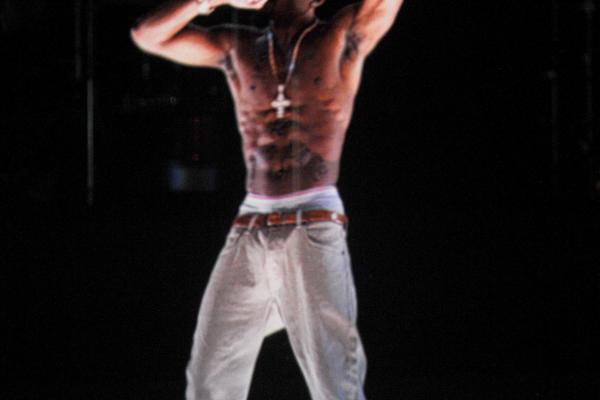PORTLAND, Ore. — Hip-hop's all the rage at universities and seminaries these days.
Scholars parse its angry and often violent language. They sift out refrains of religious redemption or clever critiques of modern culture. In some traditionally African-American divinity schools, the rise and fall of response and call, old-school black preaching, is giving way to intricately rhyming rap.
Dozens of pop culture books have been written about using hip-hop to evangelize young people, to relate to their lives and bring them into the organized church. But Monica R. Miller, a visiting professor of religion and popular culture at Lewis & Clark College, warns that looking for religion in hip-hop is a risky proposition.
"Seeing isn't believing," she says. Listeners who point to religious words in lyrics and assume their meaning, or those who spend hours trying to discern some artist's systematic theology, may be wasting their time and effort.
Her new book, Religion and Hip Hop, argues that shared vocabulary doesn't equal shared meaning, and religious language sometimes sells rather than saves. In an interview, Miller talks about religion, hip-hop, and whether and how they overlap.
Read the Full Article

